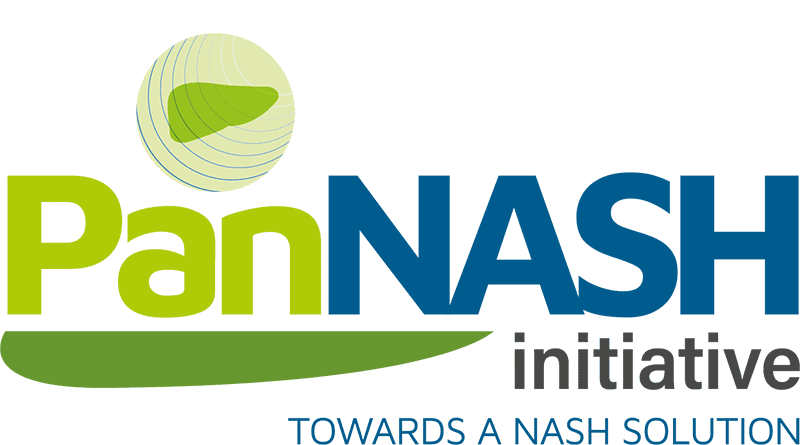Comment:
It has been hypothesised that ethanol produced by the gut microbiome may contribute to the development of non-alcoholic fatty liver disease (NAFLD). If ethanol is produced in clinically relevant amounts, it may affect lipid and glucose metabolism, which could prompt the development of steatosis and inflammation in the liver.
The rationale behind this hypothesis is the seemingly shared pathophysiology between NAFLD and alcoholic liver disease (ALD): both disorders share similar histologic features.
While this hypothesis has been discussed in recent literature, empirical evidence to support it is lacking. This is due to the invasiveness of isolating blood from the portal vein, which is enriched in microbial metabolites.
This study combined one prospective clinical and one interventional study to investigate gut microbial ethanol production in individuals with and without NAFLD.
Key learnings:
Ethanol concentrations in portal vein blood were found to be significantly higher in patients with NAFLD and non-alcoholic steatohepatitis (NASH), compared to individuals with no hepatic steatosis. The highest concentrations were found in patients with more advanced disease: microbial ethanol production is thus increased in individuals with NASH. These findings suggest that the livers of patients with NAFLD may be chronically exposed to high amounts of ethanol produced by the gut microbiome.


